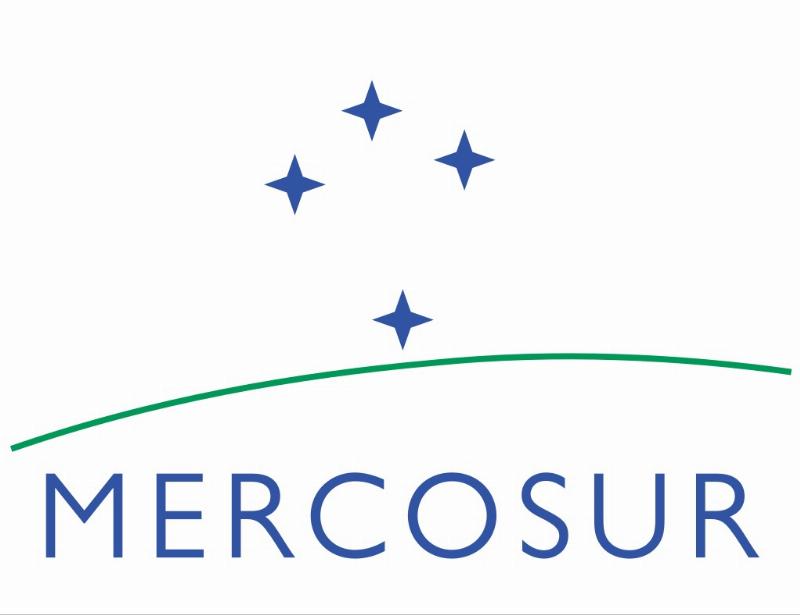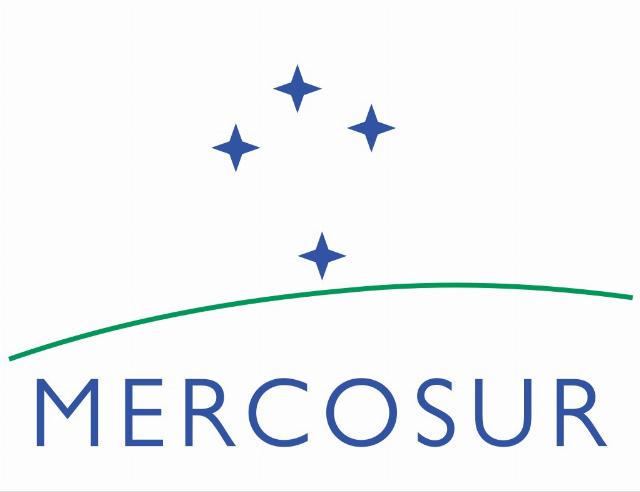


After a two-decade stalemate, there is now movement in the trade agreement between the EU and the Mercosur states of South America. Donald Trump’s hardline policies have made this possible, while criticism comes from the usual suspects.
A quarter of a century ago, in 2000, trade talks began between the EU and the Mercosur states -- Brazil, Argentina, Paraguay, and Uruguay, with Venezuela joining in the meantime. Mercosur aims to reduce trade barriers, establish an integrated customs regime, and create its own internal market, similar to European structures.
The Struggle of Protectionists
It has always been a tough negotiation, but on Wednesday, the European Commission approved the version of the agreement last presented at the end of 2024. The core point is the reduction of tariffs on the majority of goods, covering European industrial products such as machinery, vehicles, and pharmaceuticals, as well as South American agricultural and raw material exports. At the same time, the agreement provides trade quotas and protective measures to shield sensitive sectors -- especially European agriculture -- from incoming competition. Around 350 geographical indications are intended to protect the uniqueness of European products -- EU protectionism in its purest form.
Under no circumstances should the Mercosur agreement be called a free-trade agreement, even if political feuilletons like to do so. The idea that open competition is the best consumer protection and the most efficient way to supply markets is still far from reality in both South America and the European Union.
Hidden Trade Barriers
Another focus of the agreement is on sustainability and regulation: Mercosur companies must comply with EU environmental and social standards and provide proof of “deforestation-free” production and adherence to the EU’s carbon taxonomy. The agreement also includes mechanisms for investment protection and corporate dispute resolution, providing legal certainty for both sides. In this regulatory arena, Brussels defines its protectionist power, surrounding trade relations with non-European states with wall after wall of non-tariff barriers.
 Just as Europeans have historically struggled to allow free trade when it threatened existing economic privileges, South Americans have also been reluctant. As a result, the Mercosur agreement long remained a “ghost contract,” was revived in 2016, and now -- partly under pressure from the Americans -- appears attractive for both sides as a means to strengthen mutual trade and provide economic impetus to the slow-growing regions.
Just as Europeans have historically struggled to allow free trade when it threatened existing economic privileges, South Americans have also been reluctant. As a result, the Mercosur agreement long remained a “ghost contract,” was revived in 2016, and now -- partly under pressure from the Americans -- appears attractive for both sides as a means to strengthen mutual trade and provide economic impetus to the slow-growing regions.
South America Under Pressure
Resource-rich South America has long realized that the era of the great export boom is over -- primarily due to China’s ongoing economic crisis. Growth rates today are significantly below the levels of the early 2000s, averaging only around 2.5 percent. At the same time, unemployment is slowly rising, and public debt is significantly higher -- in Brazil, for example, around 77 percent of GDP. Except for the special case of Argentina, which has pursued a radically market-oriented course, the pressure to act is high everywhere.
New markets must be opened, especially for raw materials and agricultural exports. This is why the Mercosur agreement with the EU is again gaining attractiveness for South American states, provided it can at least partially breach the EU’s high protective barriers.
The rub from a European perspective is that the politically influential but economically marginal agricultural lobby -- especially in France -- will do everything possible to keep South American competition at bay.
No Consensus Required
The European Commission has split the agreement into two parts before the voting process to pass the trade component more quickly with a qualified majority, bypassing the unanimity requirement in the Council for this section. Signing the commercial part does not require unanimity in the EU Council. For ratification of the trade section, a qualified majority in the Council of Ministers is sufficient -- at least 55 percent of member states representing at least 65 percent of the EU population, which is considered likely. The European Parliament must also approve the trade section by simple majority.
The political part of the agreement, covering human rights, environmental, and social standards, is considered a “mixed agreement” and must be ratified unanimously by all national parliaments. Here, a single member state can block progress.
France’s Agricultural Lobby Will Be Compensated
Besides Polish and Italian interest groups, France remains especially critical. Given domestic political tensions, such as the upcoming vote on social spending, the country risks becoming a brake on the Mercosur agreement. It is conceivable that France will use every lobbying tool in the Euro Council before voting on the second part, which covers human rights and environmental standards, to slow down ratification.
While German Chancellor Friedrich Merz expressed satisfaction with the negotiation result in a post on X, France remains critical but is open to the protective mechanisms proposed by the European Commission. Trade Minister Laurent Saint-Martin described the agricultural protection clause as “a step in the right direction” and announced a thorough review. Previously, the government had criticized the agreement as “unacceptable,” mainly due to cheap beef imports from the Mercosur region.
Meanwhile, the European Commission is attempting to mitigate concerns through temporary import restrictions and a €6.3 billion crisis fund for farmers -- the approval of the opposition is once again essentially bought with taxpayers’ money, and enthusiasm for free markets remains minimal. President Macron expressed substantive concerns but refrained from outright opposition to a procedure that allows ratification without unanimity. Agricultural organizations continue their protests, while the farmers’ association FNSEA is increasingly integrated into government policy and less insistent on import protection.
Pressure from Washington
If an agreement is eventually reached between Mercosur and the EU, much of the credit goes to pressure from Washington. Donald Trump, above all, put massive pressure on European exporters through his tariff regime, forcing the opening of new markets.
If Mercosur states largely accept European climate and social rules and EU institutions pass the agreement, the European Commission under President Ursula von der Leyen would achieve a first victory after the debacle with the U.S. Final negotiations in Brussels are expected later this year.
Image: Mercosur
